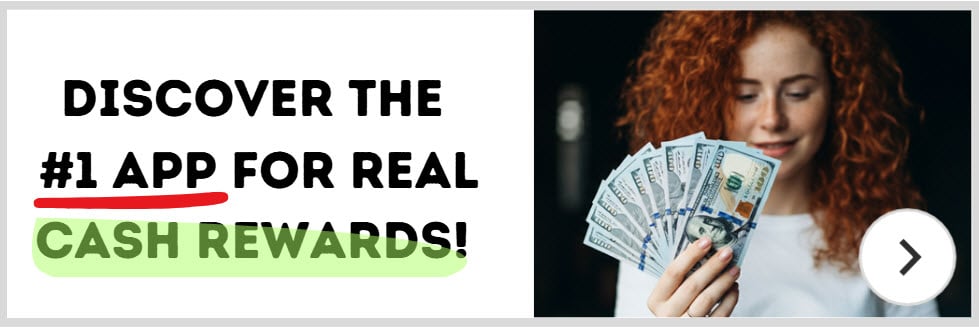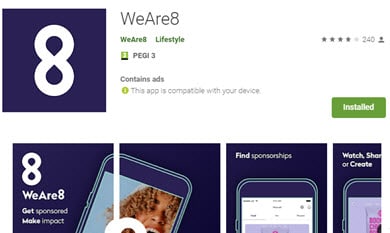Zeus Myth Review – Legit or Fake? Paradise Denied
 Welcome to my Zeus Myth: Slot Paradise review!
Welcome to my Zeus Myth: Slot Paradise review!
Hey everyone, I hope you’re doing well. So today, I want to talk about a game that’s been quietly making the rounds on the Play Store: Zeus Myth: Slot Paradise.
It’s one of those games that seems to pop out of nowhere with flashy graphics, loud coin sound effects, and promises of mythical luck. The name alone feels like a Hollywood crossover: Zeus, myths, paradise, and of course, slots—because nothing says Mount Olympus like spinning reels and golden jackpots.
It currently sits in early access, and surprisingly—or maybe not so surprisingly—it has already crossed 100,000 installs. That’s a lot of people being drawn in by the allure of lightning bolts and free money.
But here’s the thing: since it’s in early access, you can’t read reviews. Google turns off user ratings until the developer finishes the release. That means you, the player, are stepping into a completely unreviewed game. You’re flying blind—and that’s probably not a coincidence.
So naturally, people are going online to search: Is Zeus Myth legit? Does it actually pay? What’s going on here?
If you’re one of those people, welcome. You found the right place.
Before we reveal this app, let’s discover my favorite app that pays you for playing games!
Welcome to “Paradise”: Flashy Boxes, Fake Jackpots, and a Storm of Ads
From the moment you launch the app, the game throws you into a hyperactive frenzy of colors, coins, and promises.
Before you can blink, a “Lucky Box” appears. You tap it and—surprise—you’ve “won” $88. Not bad for your first five seconds.
But to collect that reward? You’ll need to watch an ad.
And from there, you’re trapped.
Every tap becomes an opportunity for the developer, not you.
If the gameplay feels like an afterthought, that’s because it is.
The game exists for one reason: to show you as many ads as humanly possible. That’s the true objective here—not winning, not fun, not rewards.
And Then There’s the Money…
Let’s talk about the money—or rather, the illusion of money.
After a few rounds of tapping and spinning, your “balance” starts to stack up quickly—$ 49 here, $72 there. Within 15 minutes, you could be staring at a number like $300 or $400 and thinking, Wait, is this actually happening?
They even show you a cash-out option at $500.
But that’s the catch. The moment you inch closer to that payout threshold, the game tightens its grip. Rewards slow down. Ads increase. Suddenly, it becomes harder to make progress. You’re nudged to keep spinning, keep watching, keep hoping.
And the “Redeem” page? That’s where things get even worse.
You’re asked to provide your first name, last name, email address, and in some cases even phone numbers or payment details—all under the promise of receiving money.
But let’s be clear: there is no money.
That “cash balance” is just a number. It’s not linked to any real funds. And your personal information? That’s the actual prize for the developer.
Who’s Behind Zeus Myth?
The developer is listed as FARHAN SAAD, based in Pakistan. But aside from the name and country, there’s no company information, no support channel, and no transparent privacy policy.
So, who’s handling your data? Who are you trusting with your identity?
That’s the scary part, because you don’t know. And with no reviews or visible user feedback, there’s no way to verify anything.
Worse yet, games like these are often just one cog in a larger network of fake apps, churning through user data and ad revenue. They don’t need to pay anyone. They need you to believe that you’re getting close to a payout.
An Ongoing Pattern
I actually exposed Zeus Myth on YouTube months ago. Others have raised red flags as well. The tactics are obvious: bait with fake cash, trap with ads, extract data, repeat.
And yet, the game is still live.
It hasn’t been removed.
Meanwhile, creators like me—who try to educate people about these scams—get hit with warnings from platforms like YouTube.
Just mentioning the word “Slots” may trigger automated flags. Videos are demonetized and removed.
So what happens? Fake games thrive, while the truth gets suppressed.
It’s a disturbing imbalance. Google has the power to take action on content creators, but instead allows predatory apps to stay up for months, freely harvesting user attention and data.
Why People Keep Falling for It
It’s easy to judge users who fall for these scams, but the truth is—these games are designed to be manipulative.
They promise:
- No deposits required
- 100% free to play
- Real PayPal or Cash App payouts
- Big bonuses for new users
- No ads (which is hilariously false)
Combine this with early access (so you can’t read reviews) and an addictive slot machine design, and you’ve got a game that feels too good to be fake—until it’s too late.
Some people even give away their real emails, payment info, or other credentials, hoping to cash out. But that moment never comes.
Because that moment was never the plan.
The Bottom Line – Paradise Denied
Zeus Myth: Slot Paradise is not a game. It’s not entertainment. And it’s certainly not a side hustle.
It’s a digital mirage built to farm your time, farm your clicks, and farm your data. Every “cash reward” is fake. Every spin is just a trick to squeeze another ad out of you. And every tap toward that magical $500? It’s just a carrot on a stick.
The developer profits. Google profits. And the only one losing out… is you.
So if you’ve downloaded Zeus Myth, here’s my advice: uninstall it now. Please don’t give it another second, your info, or these developers the satisfaction of stealing even one more tap of your time.
Suppose you’re looking for ways to actually earn small amounts online, check the link in my description. I share legit reward platforms—not perfect, but real—where you can earn modest rewards for tasks like game installs, surveys, or trying new apps.
Thanks so much for reading.





